Published: January 6, 2025 | Last Updated on: January 6, 2025 | by Hema
Is your little one struggling with tummy troubles or a weakened immune system? Probiotics, the friendly bacteria, might be the answer you’re looking for.
But Can I Give My Baby Probiotics? Is it safe? Let’s get this important question answered and explore the benefits and potential risks of giving probiotics to babies.
Probiotics, often hailed as the “good bacteria,” are live microorganisms that offer a myriad of health benefits when consumed. These beneficial bacteria reside in our gut, forming a crucial part of our digestive system. They play a pivotal role in maintaining a healthy balance of gut flora, aiding digestion, boosting immunity, and promoting overall well-being.
Difference between probiotics & prebiotics
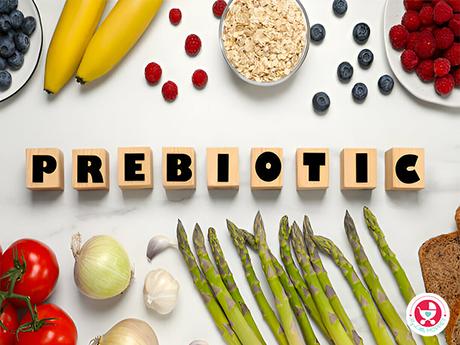
1. Probiotics are live microorganisms, while prebiotics are non-digestible fibers.
⭐ Download FREE Recipe Ebooks for Babies & Toddlers
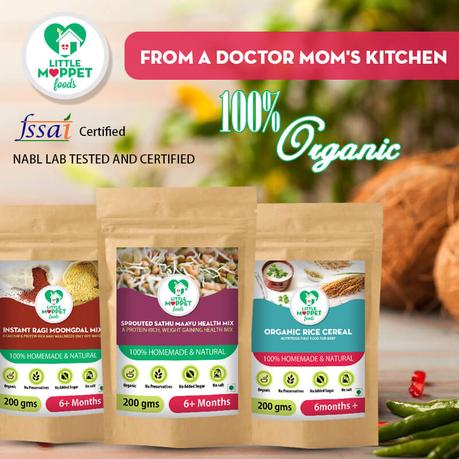
2. Probiotics are found in fermented foods, while prebiotics are found in whole foods.
3. Probiotics introduce beneficial microorganisms into the gut, while prebiotics feed the existing beneficial microorganisms.
General Benefits of Probiotics for Babies
1. Supports gut health: Probiotics can help establish a healthy balance of gut bacteria, which is essential for a strong immune system.
2. Relieves symptoms of colic: Some studies suggest that probiotics can help alleviate symptoms of colic, such as crying and fussiness.
3. Supports immune system development: Probiotics can help stimulate the immune system and increase the production of antibodies.
4. May help with diarrhea or constipation: Probiotics can help regulate bowel movements and prevent diarrhea or constipation.
When Are Probiotic Supplements Necessary for Babies?
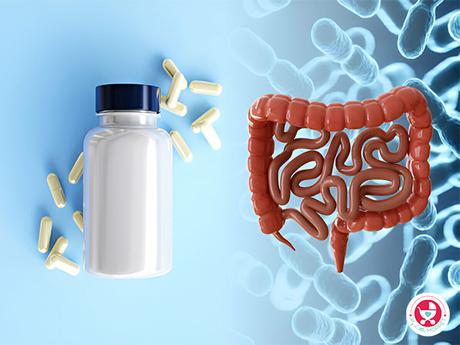
1. Premature birth: Premature babies may benefit from probiotics to support their developing gut microbiome.
2. Low birth weight: Babies with low birth weight may benefit from probiotics to support their immune system development.
3. Colic or digestive issues: Babies with colic or digestive issues, such as diarrhea or constipation, may benefit from probiotics.
4. Antibiotic use: Babies who have taken antibiotics may benefit from probiotics to restore their gut microbiome.
Important Note: Probiotic supplements should only be recommended by the pediatrician.
Can I Give My Baby Probiotics?
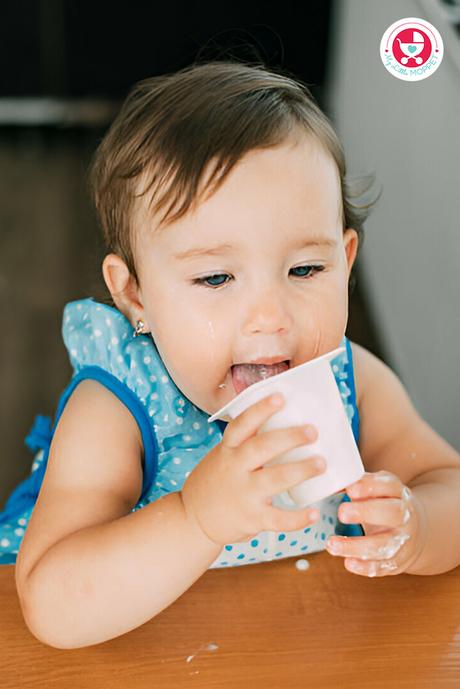
The question of whether to introduce probiotics to your baby is a common one. While probiotics are generally safe for most healthy adults, it’s crucial to consult with your pediatrician before giving them to your baby.
While probiotic supplements have gained popularity, it’s important to remember that nature provides us with a plethora of naturally occurring probiotic foods. These foods are fermented, a process that involves the conversion of carbohydrates into alcohol or acids through the action of microorganisms like bacteria and yeasts. Fermentation not only enhances the flavor and texture of these foods but also enriches them with probiotics.
A World of Naturally Probiotic Foods
List of most common naturally probiotic foods across the globe:
Dairy Delights
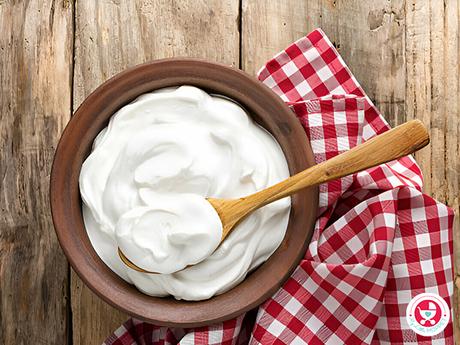
* Yogurt: Renowned for its probiotic content, yogurt is a versatile dairy product that can be enjoyed in various forms. Look for yogurt labeled as “live and active cultures” to ensure it contains beneficial bacteria.
* Kefir: This fermented milk drink is even richer in probiotics than yogurt. It has a tangy flavor and a slightly thicker consistency.
Fermented Vegetables
* Sauerkraut: This tangy German dish is made by fermenting cabbage with salt. It’s a great source of probiotics and fiber.
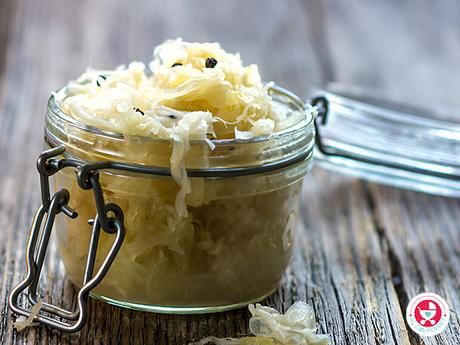
* Kimchi: A Korean staple, kimchi is a spicy fermented vegetable dish that boasts a wide range of health benefits.
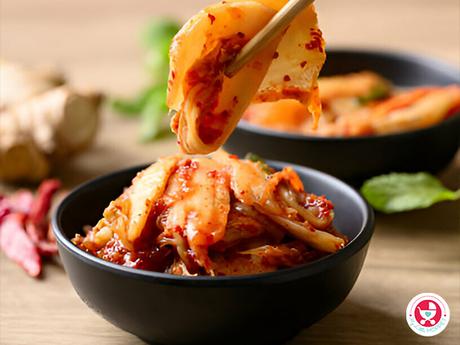
* Miso: This fermented soybean paste is a key ingredient in Japanese cuisine. It’s packed with probiotics and adds a savory flavor to soups and sauces.
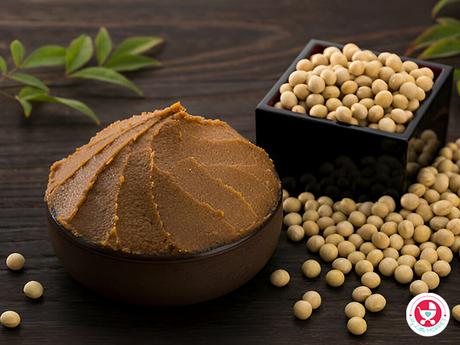
* Tempeh: This Indonesian fermented soy product is a great source of protein and probiotics. It can be used as a meat substitute in various dishes.
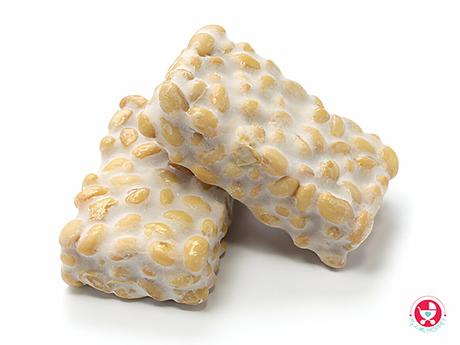
Other Probiotic Powerhouses
* Kombucha: This fermented tea drink is gaining popularity for its refreshing taste and probiotic benefits.
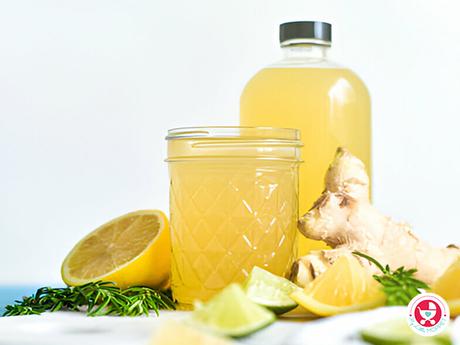
* Pickles: Fermented pickles, especially those made with a brine solution, are a good source of probiotics.
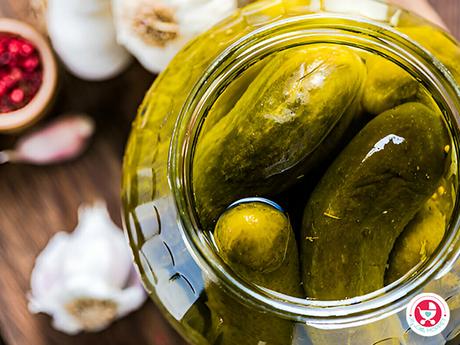
* Sourdough Bread: This bread is made using a sourdough starter, which is a natural source of probiotics.
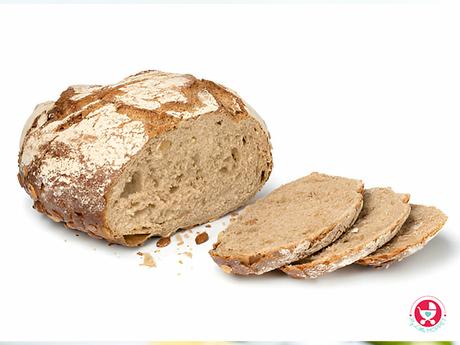
India is home to a rich culinary tradition that includes many naturally probiotic foods.
Here are some of the most popular options.
* Dahi (Yogurt): This creamy dairy product is a staple in Indian households. It’s made by fermenting milk with live bacteria, making it a great source of probiotics. Dahi can be enjoyed plain, with fruits, or used in various dishes like raita and lassi.
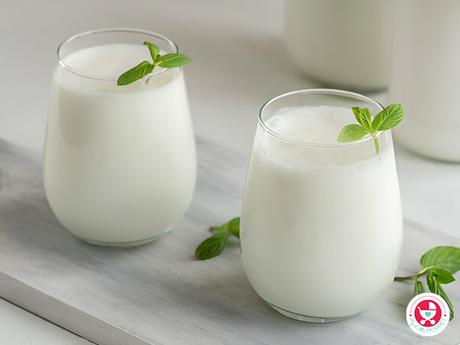
* Chaas (Buttermilk): This refreshing drink is made by diluting dahi with water and adding spices like cumin and coriander. It’s a light and refreshing way to get your daily dose of probiotics.
* Idli and Dosa: These popular South Indian breakfast foods are made from fermented batter of rice and lentils. The fermentation process introduces beneficial bacteria, making them a good source of probiotics.
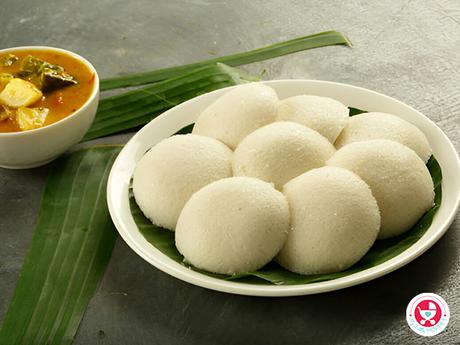
* Pickles (Achar): Indian pickles are often made by fermenting vegetables in a brine solution. This process introduces beneficial bacteria, making pickles a good source of probiotics. Some popular Indian pickles include mango pickle, mixed vegetable pickle, and lime pickle.
* Kefir: This fermented milk drink is becoming increasingly popular in India. It’s a rich source of probiotics and can be enjoyed plain or flavored.
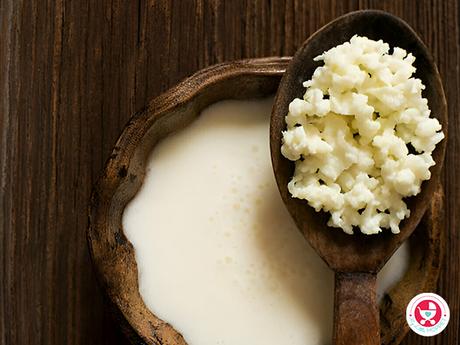
These are few of the many naturally probiotic foods available in India. By incorporating these foods into your diet, you can support your gut health and overall well-being.
Here’s a list of age specific natural probiotics suitable for babies to kids across the world:
For Babies (0-12 months)
1. *Breast milk*: Rich in probiotics, breast milk helps establish a healthy gut microbiome.
2. *Yogurt (plain, unflavored, and unsweetened)*: Contains Lactobacillus acidophilus and Bifidobacterium bifidum.
3. *Kefir*: A fermented milk drink containing various probiotic strains.
4. *Probiotic-rich fruit and vegetable purees*: Made from fruits and veggies like bananas, apples, and carrots.
For Toddlers (1-3 years) and Kids (4-12 years)
1. *Yogurt (plain, unflavored, and unsweetened)*: Same benefits as for babies.
2. *Kefir*: Same benefits as for babies.
3. *Kombucha*: A fermented tea drink containing probiotics (suitable for kids over 4 years).
4. *Probiotic-rich fermented foods*: Such as kimchi, sauerkraut, and pickles (suitable for kids over 4 years).
5. *Probiotic-fortified milk and dairy products*: Containing strains like Lactobacillus and Bifidobacterium.
6. *Probiotic-rich fruit and vegetable juices*: Made from fruits and veggies like berries, carrots, and beets
Allergic Reactions to Probiotics
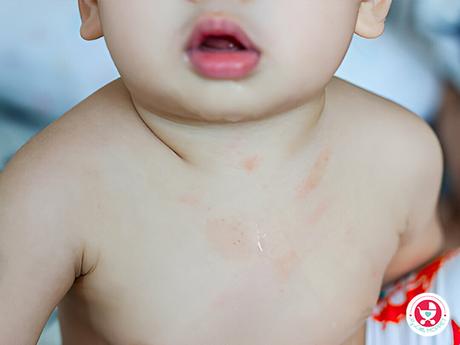
Yes, there is a possibility of allergic reactions when giving natural probiotics to babies, although it is rare. Here are some precautions to take:
* Before giving your baby any probiotics, whether natural or in supplement form, it’s crucial to consult with your pediatrician. They can assess your baby’s individual needs and recommend appropriate probiotic strains and dosages.
* Begin with a small amount of probiotics and gradually increase the dosage as tolerated. This helps minimize the risk of any adverse reactions.
* Keep an eye out for signs of an allergic reaction, such as hives, rash, difficulty breathing, or swelling of the lips, tongue, or throat. If you notice any of these symptoms, stop giving your baby probiotics and seek medical attention immediately.
* When selecting natural probiotic foods or supplements, choose reputable brands that adhere to strict quality control standards. This helps ensure the safety and effectiveness of the product.
* If your baby is taking any medications, inform your pediatrician before giving them probiotics. Some probiotics may interact with certain medications, so it’s important to be aware of any potential interactions.
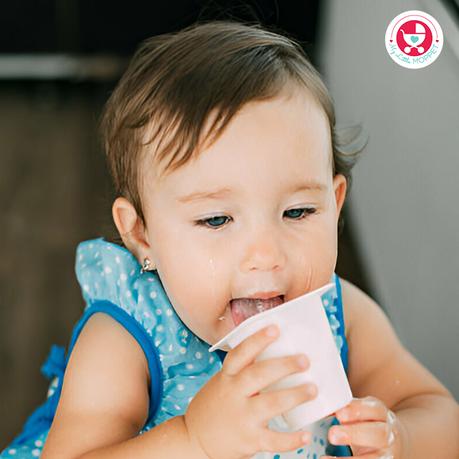
Incorporating probiotics into your baby’s diet can have a profound impact on their overall health and wellbeing. By understanding the benefits and risks, and consulting with your pediatrician, you can make an informed decision about introducing probiotics to your little one. Remember, every baby is unique, and what works for one may not work for another. By prioritizing your baby’s gut health and immune system development, you’re setting them up for a lifetime of wellness and vitality. Always consult with your healthcare provider before adding any supplements, including probiotics, to your baby’s diet.
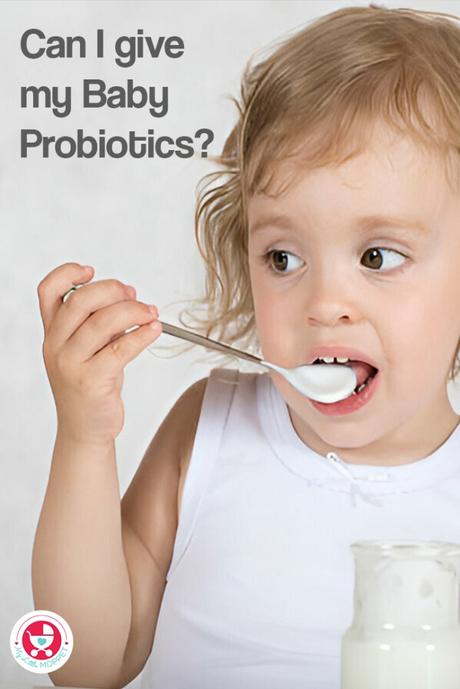
Frequently Asked Questions
Are probiotics safe for infants?
While generally safe, consult your pediatrician before introducing probiotics to infants.
What are the benefits of probiotics for babies?
Probiotics can improve digestion, boost immunity, and reduce the risk of allergies.
Can I give my breastfed baby probiotics?
Breast milk contains natural probiotics, but supplementing with additional probiotics can be beneficial. Your pediatrician is the right person to guide you on this.
What are the best probiotic strains for babies?
Strains like Lactobacillus acidophilus and Bifidobacterium bifidum are commonly recommended for infants.
How long does it take for probiotics to work in babies?
The effects of probiotics may vary, but noticeable improvements can often be seen within a few weeks.
Buy Healthy Nutritious Baby, Toddler food made by our own Doctor Mom !
Shop now!You may also like
- Baby Falling Off the Bed: How to give First Aid and…
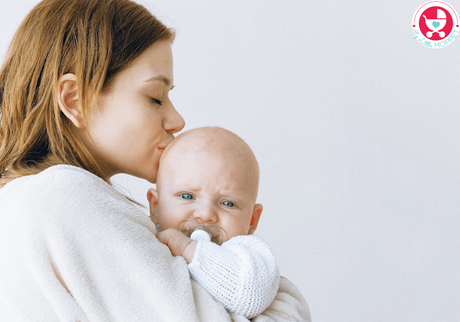
- When Can I give my Baby Cow's Milk ?
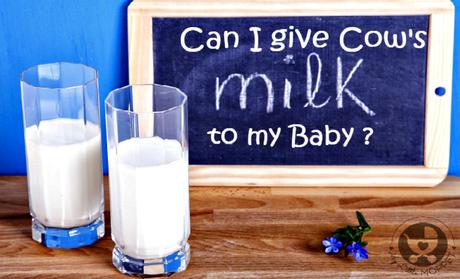
- Can I Give my Baby Nuts?
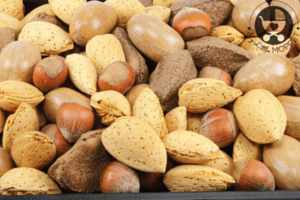
- Can I give my Baby Coconut?
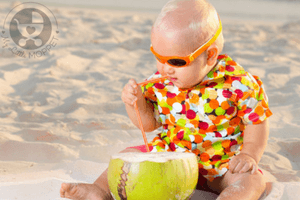
- Can I give my Baby Makhana?
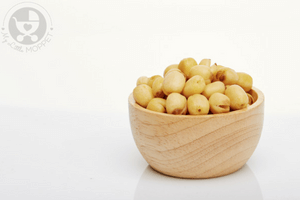
- Can I give my Baby Mushrooms?
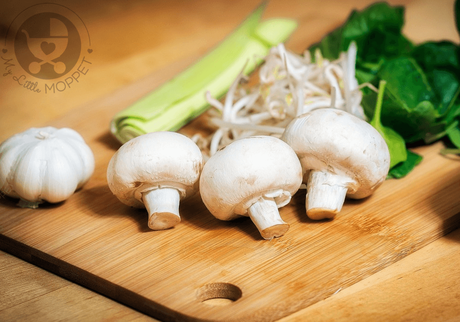
Filed Under: Can I give my Baby? Tagged With: Can I Give My Baby Probiotics?, Natural probiotics, Probiotics for babies, Probiotics vs prebiotics
